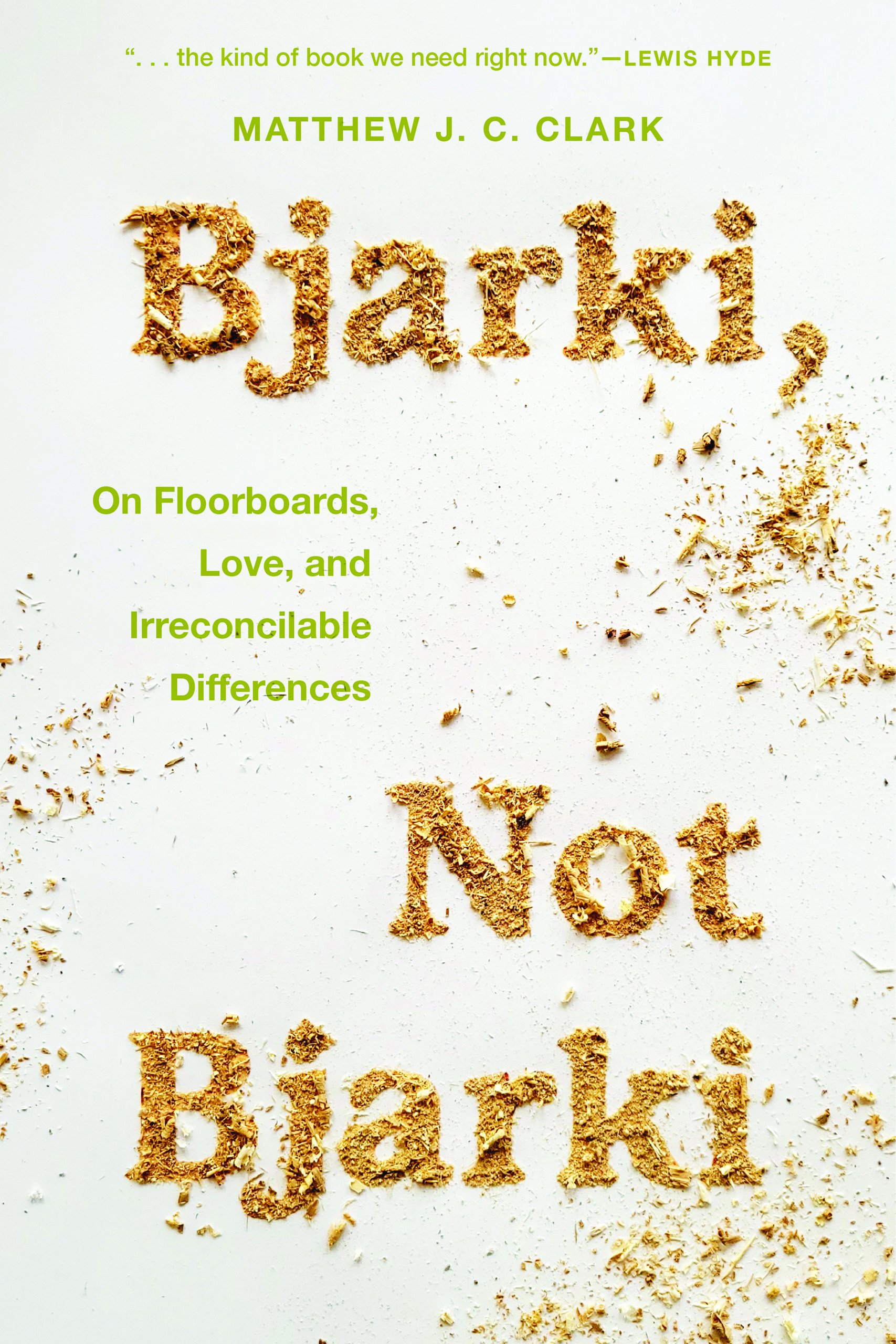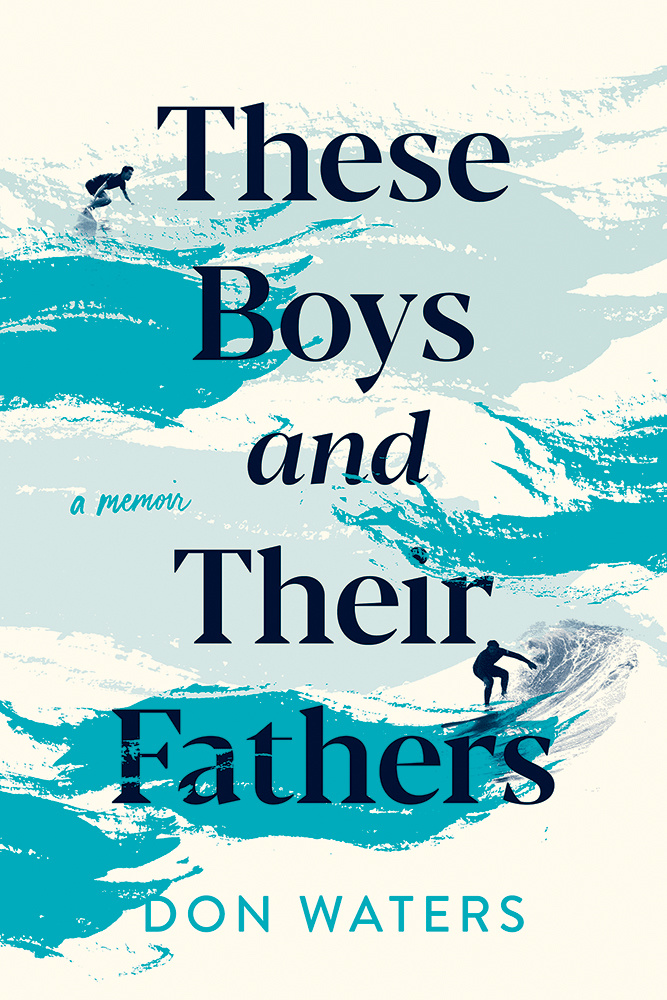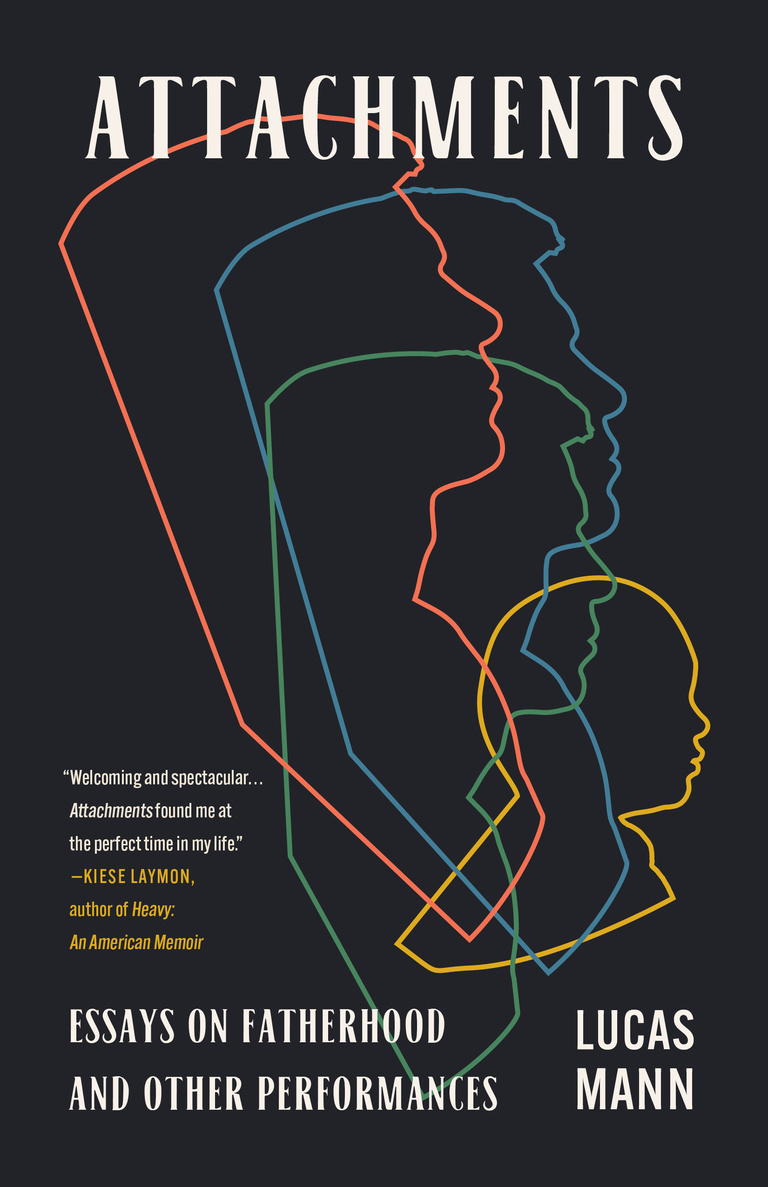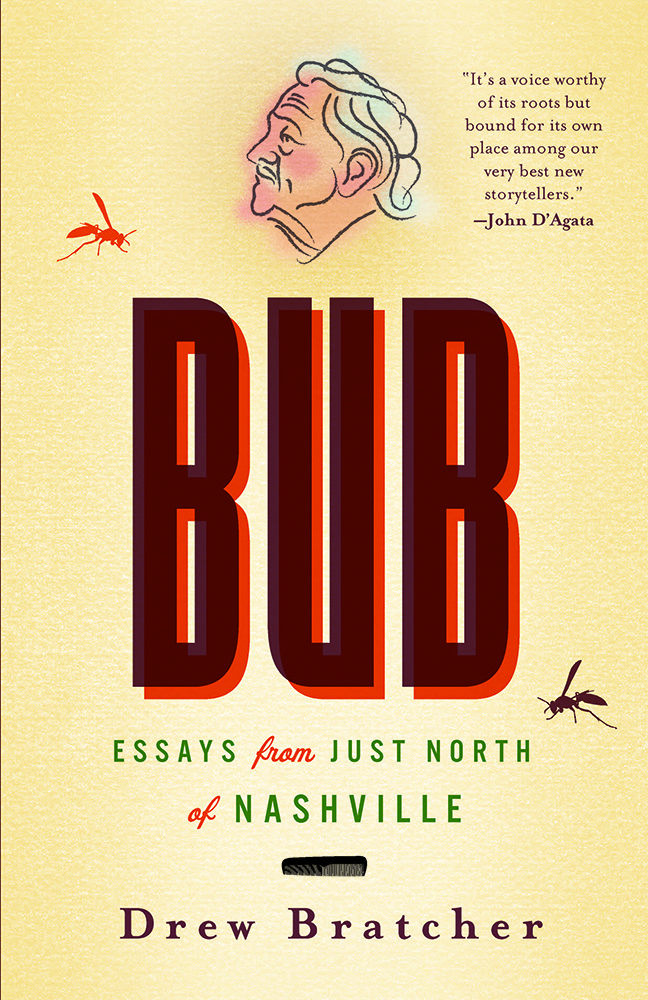“You know, I actually think about that an awful lot, like, what is our purpose in life? Why am I here? I always think about some little kid being like, ‘What’d you do with your life?’ And me being like, ‘Well, I sold a bunch of floors.’”
These are the words of Bjarki Thor Gunnarsson, the young man who manufactures the widest, purest, most metaphorical pine floorboards on the planet.
As Matthew Clark—a carpenter by trade—begins researching a magazine-style essay about Bjarki and his American Dream Boards, he comes to discover that nothing is quite as it seems. Santa Claus arrives by helicopter. A wedding diamond disappears. A dead coyote jumps to its feet. And then, at a Thai restaurant in central Maine, Bjarki is transformed into an eggplant.
In Bjarki, Not Bjarki, Clark wants nothing less than to understand everything, to make the world a better place, for you and him to love each other, and to be okay. He desires all of this sincerely, desperately even, and at the same time he proceeds with a light heart, playfully, with humor and awe. As Clark reports on the people and processes that transform the forest into your floor, he also ruminates on gift cards, crab rangoon, and Jean Claude Van Damme. He considers North American colonization, masculinity, the definition of disgusting, his own uncertain certainty. When the boards beneath our feet are so unstable, always expanding and cupping and contracting, how can we make sense of the world? What does it mean to know another person and to connect with them, especially in an increasingly polarized America?
“Matthew Clark has refinished the floorboards of America with so gently glimmering a new sheen of myth that the smartest among us will immediately invest in the cushiest of slippers for fear of muffling their stories again. Bjarki, Not Bjarki is a masterfully ecstatic, surprising, and humane debut.”—John D’Agata
“In Bjarki, Not Bjarki, Matthew Clark is trying to write about everything all at once: love and heartbreak and loss; wood and work and loneliness; friendship and privilege, masculinity and honesty and the sad limitations of both. This is a story that is overflowing with thought and reflection, abundant in self-examination, excessively self-critical, overburdened by its ownership of the past. The result: a lyrical eruption of bittersweet joy, created by a writer who is totally fine in a rapturous state of being lost. Bjarki, Not Bjarki is a lot like the state (Maine) where Clark’s story takes place: full of contradictions and wilderness, always committed to the impossible question of what it means to be a free and honest person in the world. Matthew Clark is a writer who swings for all the fences.”—Jaed Coffin, author, Roughhouse Friday
“At the edges of this finely told tale hangs a fog of dark matter (troubles in love, misinformation, guns, insurrection, a jokey racism) while at the center stands a lumber mill in Maine, where men practice a useful craft (as best they can) and befriend one another (ditto). If the fog surrounding them (and us) is ever to lift it will be thanks to voices as attentive, amusing, and generous as that of Matthew Clark. Bjarki, Not Bjarki is the kind of book we need right now.”—Lewis Hyde
“Unlike so many of us, Matthew Clark refuses to concede defeat at the hands of our country’s yawning cultural and political divisions. In Bjarki, Not Bjarki, he shows that empathy must be built on actual understanding, and his writing has the self-awareness, the freshness, and the beauty to help us all understand.”—Jeremy Eichler, author, Time’s Echo: The Second World War, the Holocaust, and the Music of Remembrance
“. . . the literal and metaphorical lock elbows as Clark tells the story of Bjarki Thor Gunnarsson, who takes over a wood mill in Maine in his early twenties, knowing nothing of wood. . . . In an early moment, Clark notices on a countertop ‘seashells filled a vase, which rhymes with lace and jaws.’ It’s a characteristic aside, a detail that speaks to the project writ large, in his excavation of class, of the myth of masculinity, of the hard surface shell that masks the slick soft mush inside. It’s about falling in and out of love, about assessing your aims, determining whether they’re good and true, the necessary gaps between the ideal and the real, and between the real and the real, too, as Clark muddles through, driven by the urge, like all of us, ‘to touch something real.’”—Nina MacLaughlin, The Boston Globe
“Clark has created a work of literature that explores the many cultural meanings of wood, the science of tracheids, and the history of home-building in the Northeast. It also provides a poignant critique of American masculinity, but does so in a new, more challenging and ultimately more rewarding way. . . . Where journalists tend to draw in ligne claire; Clark is a cubist. Taking risks allows him to attain the immersive, destabilizing capabilities of literature—what Tom Wolfe called 'a cortical fever'—without lapsing into purple lyricism or showy minimalism. . . . Clark is creating nonfiction that vies for artistic merit with fiction without sacrificing journalism’s noumenal power. . . . It is clear from his writing that Clark wants to be not just a better writer—for he is already a gifted writer, that much is manifest—but a better human being. He wants to grow. And he wants that for his readers, as well.”—Robert Moor
“Clark handles the multiple levels of his story deftly, shifting between observations about, say, a log being graded and his own self-reflection on that process of observation. His prose has a rare capacity for synthesis, as well as the ability to dramatize that synthesis, to put it on the page in a way we can see and even take part in. . . . His sincerity is insecure, grasping, frequently embarrassing—but at the end of the day, it is also, really, sincere and insistent in a way that reminds us of his fellow New Englander Henry David Thoreau’s desire to ‘stand right fronting and face to face with a fact.’”—Josh Billings, Los Angeles Review of Books
“Lyrical, philosophical, and touching.”—Down East Magazine
“Bjarki, Not Bjarki is a wild outlier—bombastic and unyielding, the prose unravels and is woven into chaotic, precise new patterns in a single paragraph. . . . Clark’s obsessions are relatable and his love for his subject(s) is palpable. Clark’s dialogue is so accurately written . . . that the language of the dialogue and its surroundings make the speakers and their environment real. His prose seems at once casual and lyrical in a way that makes it seem like an accident, despite the painstaking detail with which he lays out the thoughts and processes of producing this book.”—Little Village
“Like the best meta-nonfiction, Bjarki, Not Bjarki is something of a juggling act. Beyond the interpersonal drama and the ways in which Clark and Bjarki reckon with local and national news, we are in suspense through the book about whether or not Clark will be able to pull off the necessary narrative balancing act. In the right hands, a story about a larger-than-life business owner can become something grander. With this book, Clark ably demonstrates how.”—Portland Press Herald



